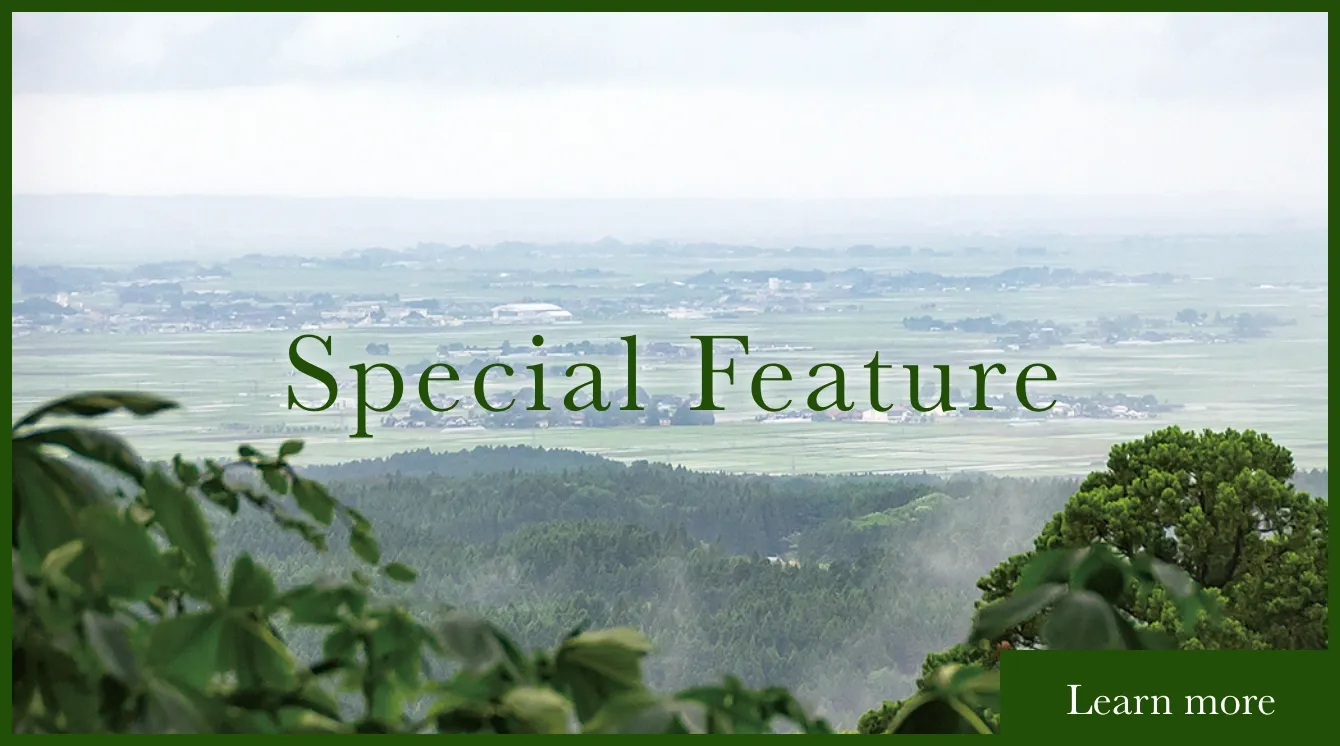We guide the Northern Heart of Japan
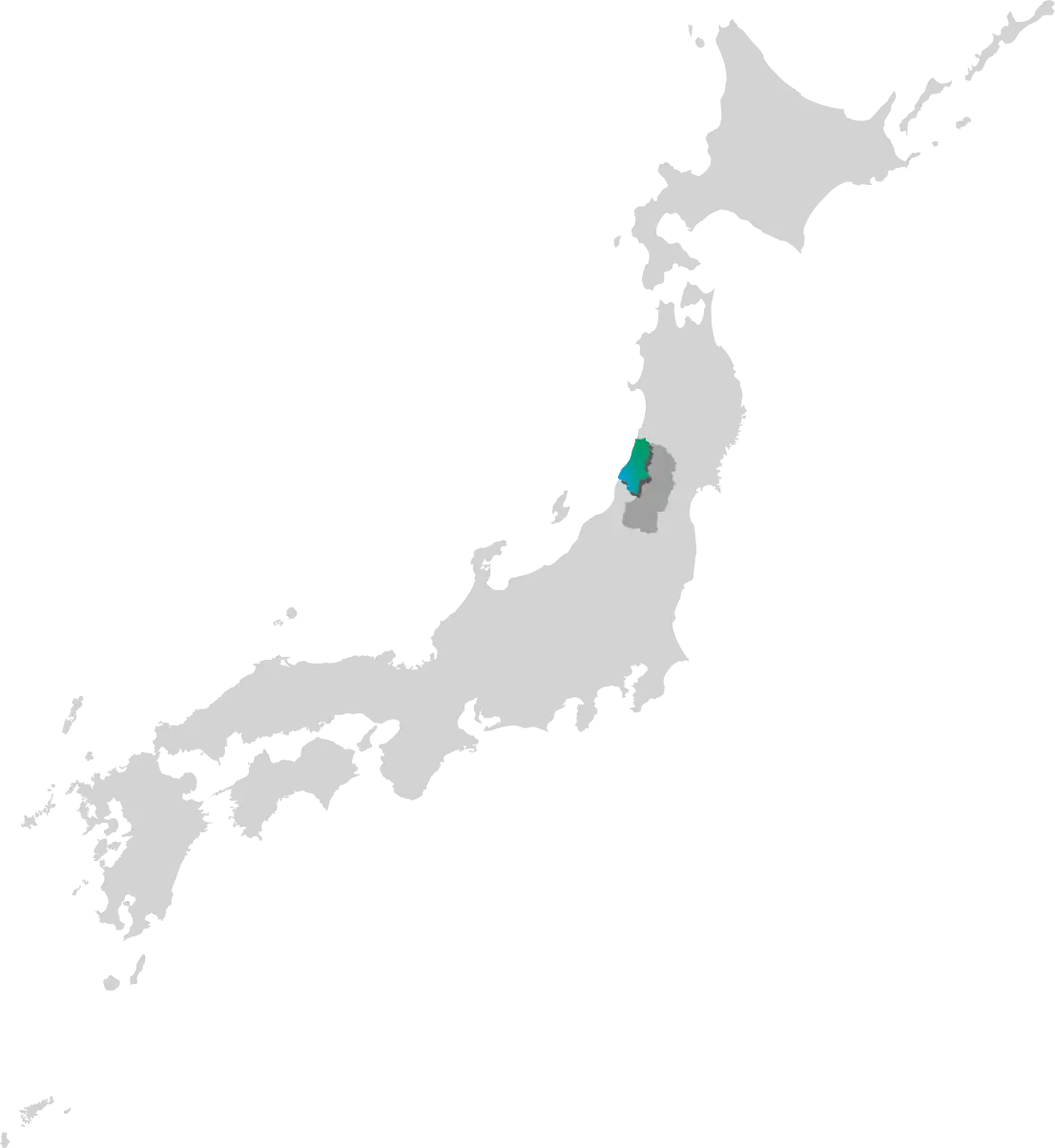
Our Way of Travel
Journeys to the north of Japan crafted by the editor-in-chief of regional culture magazine Cradle. Meet the people of the region and experience its tranquil, multifaceted culture.
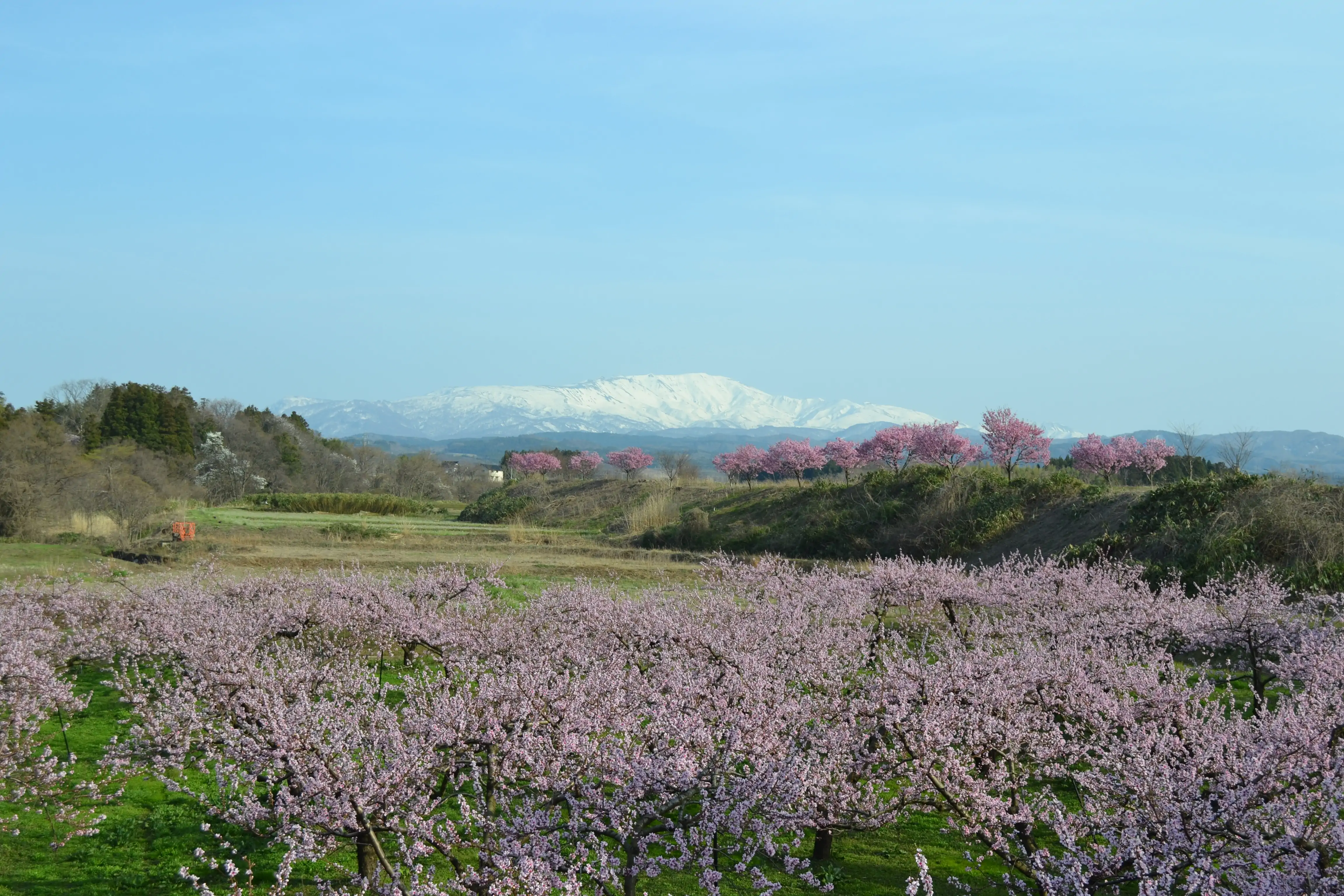
In Dewa Shonai, important things Japan is losing live on.
Surrounded by mountains to the north, south, and east, and by sea to the west; the nature here is beautiful, with a distinct four seasons. Shonai lies at the crossroads of three cultures: the northern culture native to the larger Tohoku region of which Dewa Shonai is a part; the culture of the Kyoto area, considered the center of Japan until the country’s Middle Ages; and the culture of Edo (present-day Tokyo), the principal metropolis of Japan from the 1600s onward.
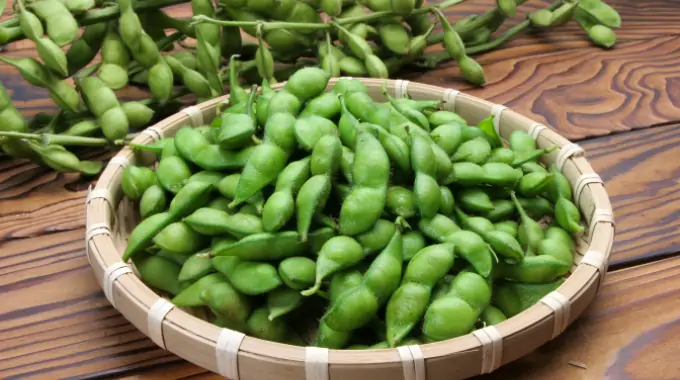
Northern Japan is a cornucopia of culinary charms. The tremendous snowfall the area receives nurtures the growth of top-quality ingredients.
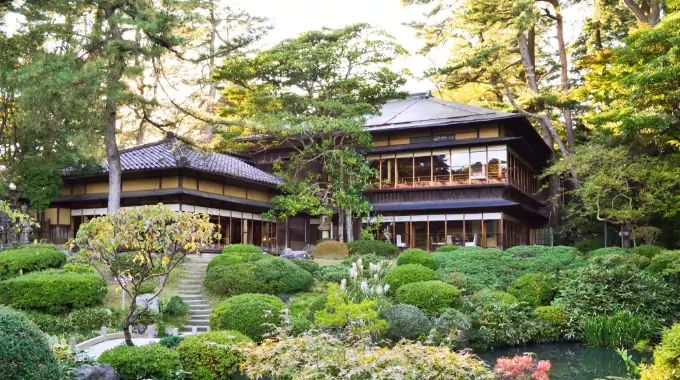
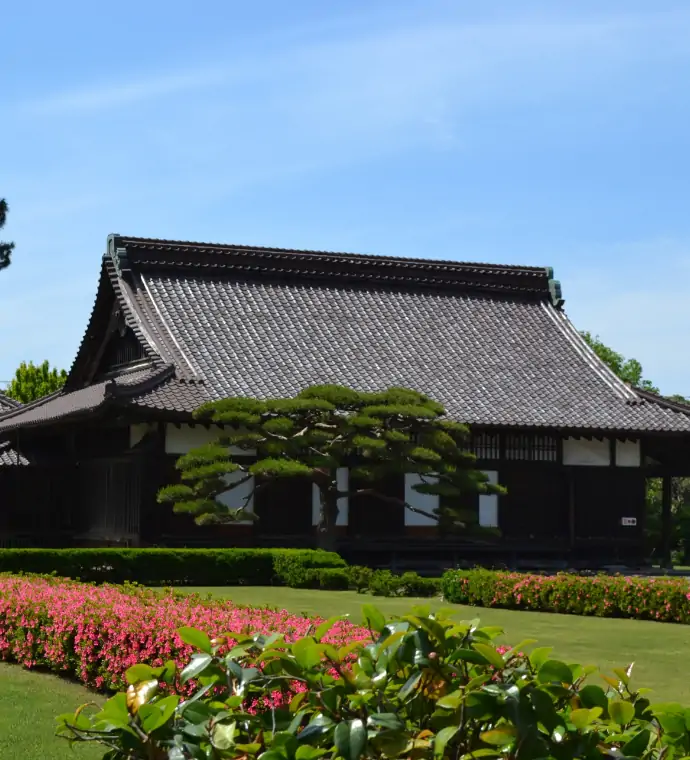
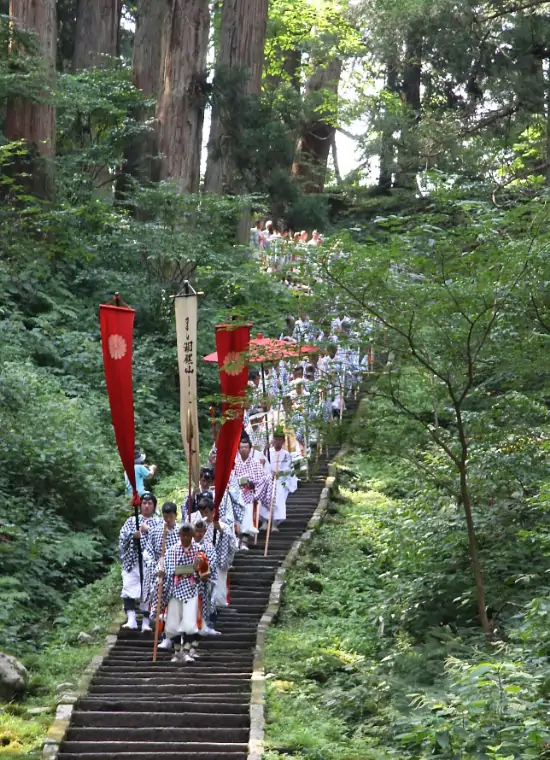
Here is a video called ‘Thread of Life’ which introduces the charm and beauty of the Dewa Shonai.
The editor-in-chief Mr. Kobayashi will introduce to you.
For the past fourteen years, we have been publishing Cradle, a magazine about the culture of Shonai.
With Cradle being awarded the Regional Vitalization Division Award by the Japan Community Contents Association in 2021, fans of our magazine include not just locals, but also readers across Japan.
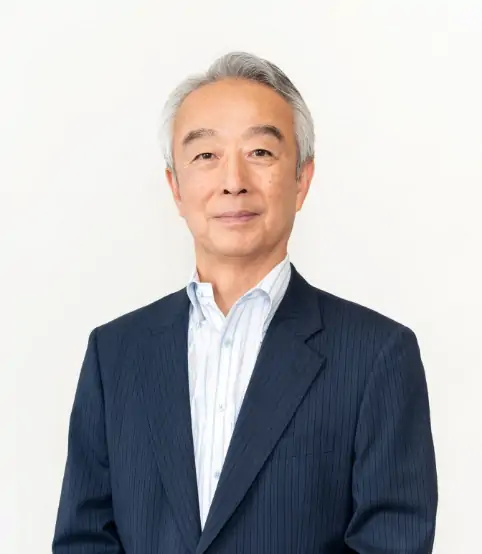
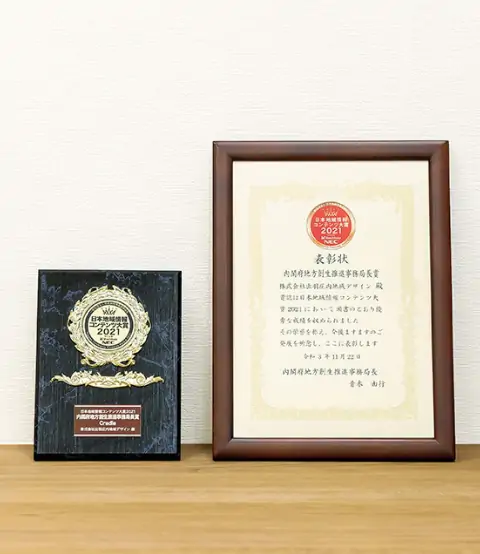
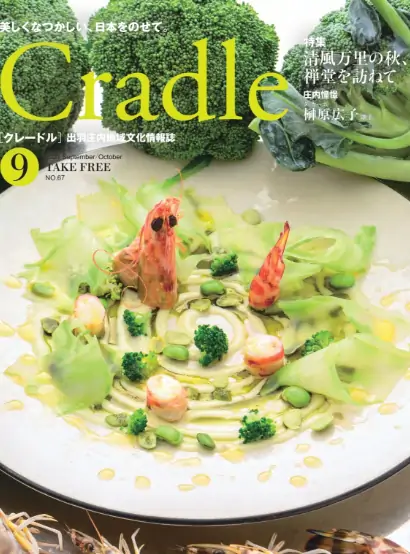
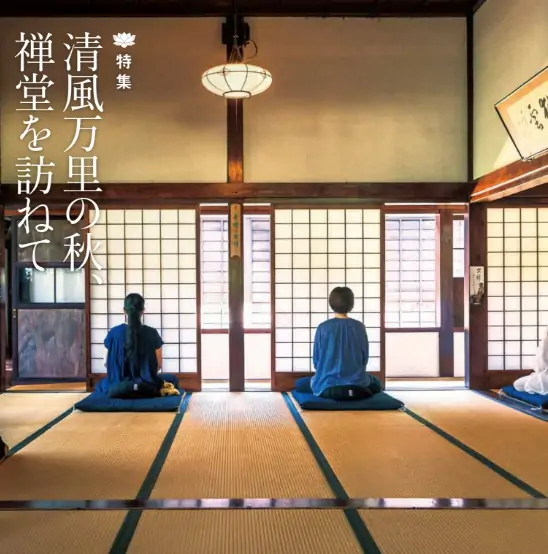
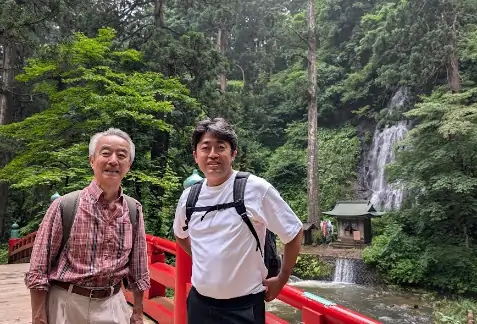
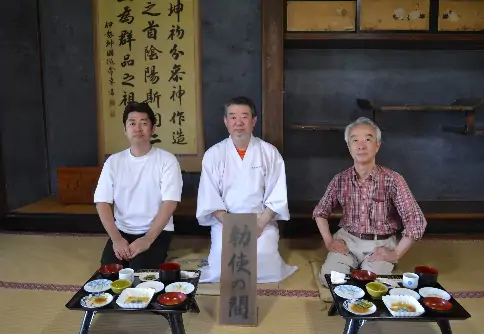
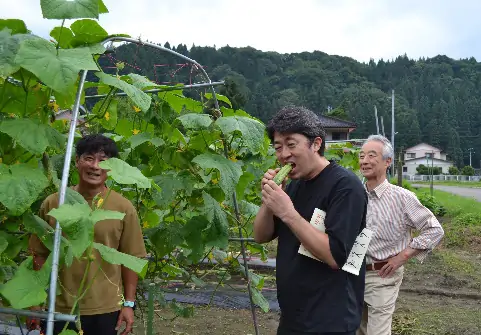
Recommended Tours
-

Journey into the Profound Culture of Northern Japan
category: History & Tradition
Spirituality and traditional performing arts born from the harsh nature of the northern country. Cuisine and culinary traditions raised on its rich nature. A tour led by the editor in chief of a local culture magazine, to enjoy authentic experiences found only in this region.
read more -
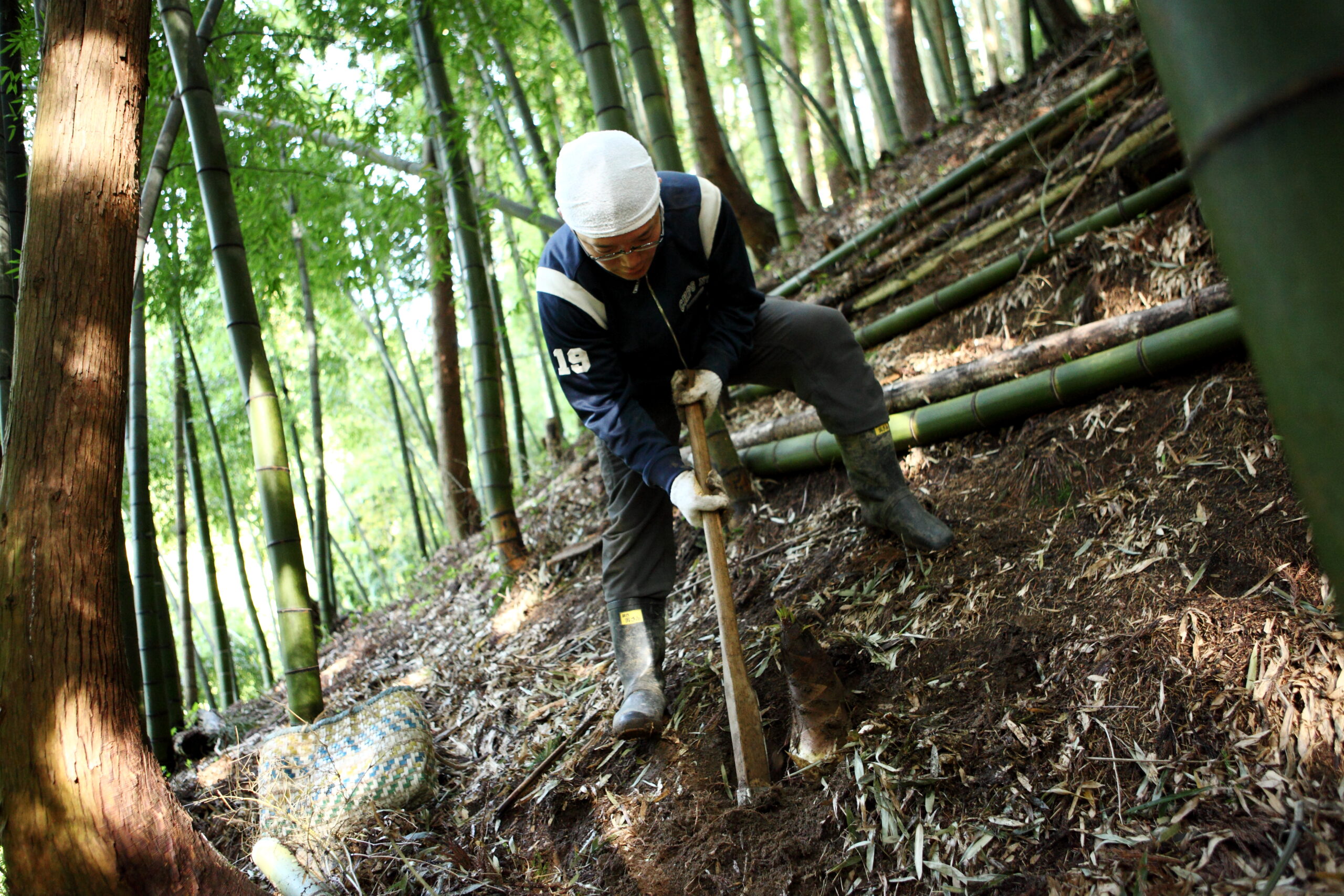
A culinary journey to savor the arrival of spring in the snow country of Tohoku
category: Cuisine
A snow country journey to sense the colors of spring emerge as you savor seasonal ingredients and experience regional food culture
read more -
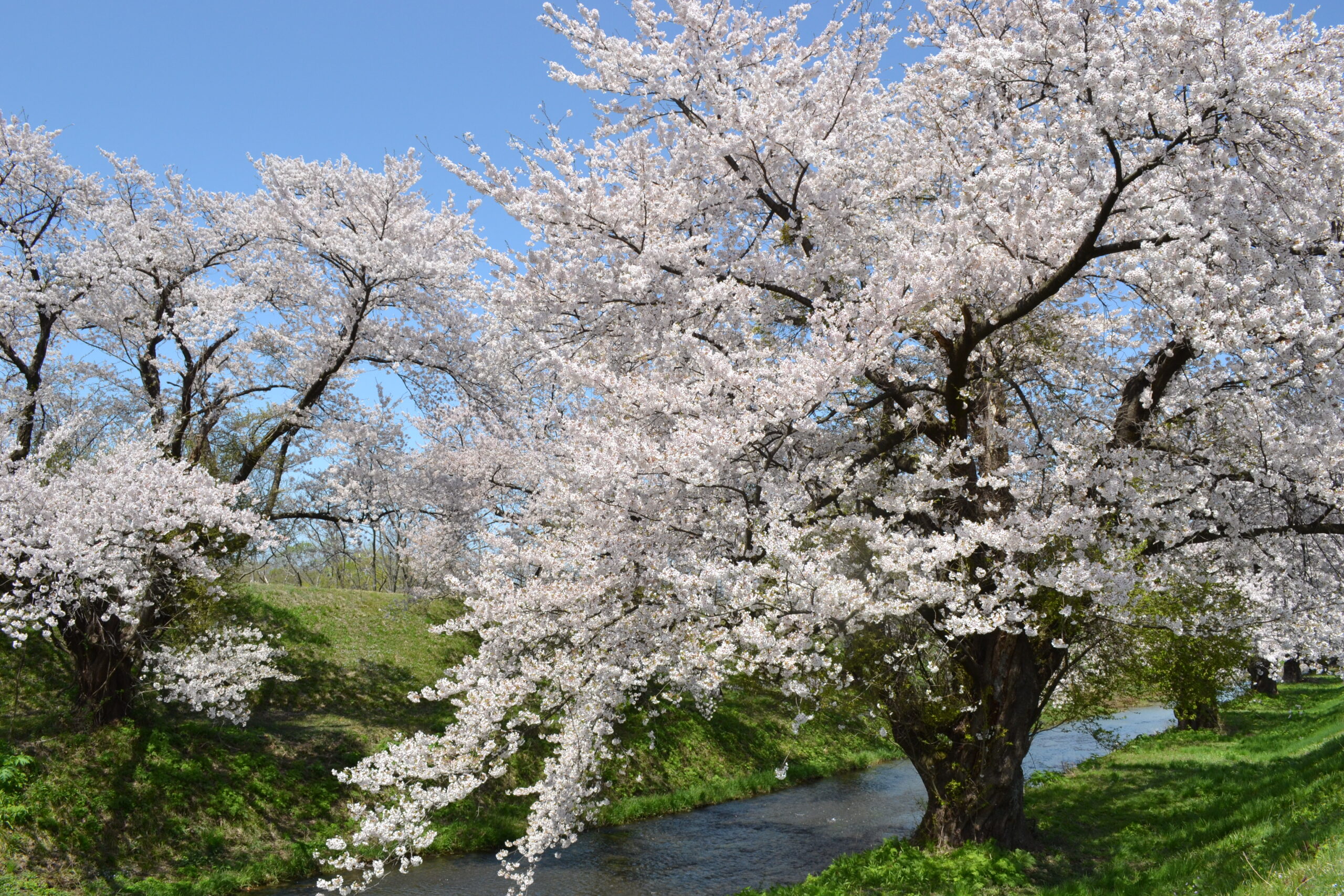
Cherry Blossoms and Cuisine of the Northern Country
category: Cuisine
Spring comes even to the deeply snow-covered northern country, and beautiful cherry blossoms begin to bloom. Spring, the season of delicious wild mountain vegetable shoots, cherry trout, and other fish. Come enjoy these delicious seasonal ingredients.
read more
The Kind of Journeys We Offer
-
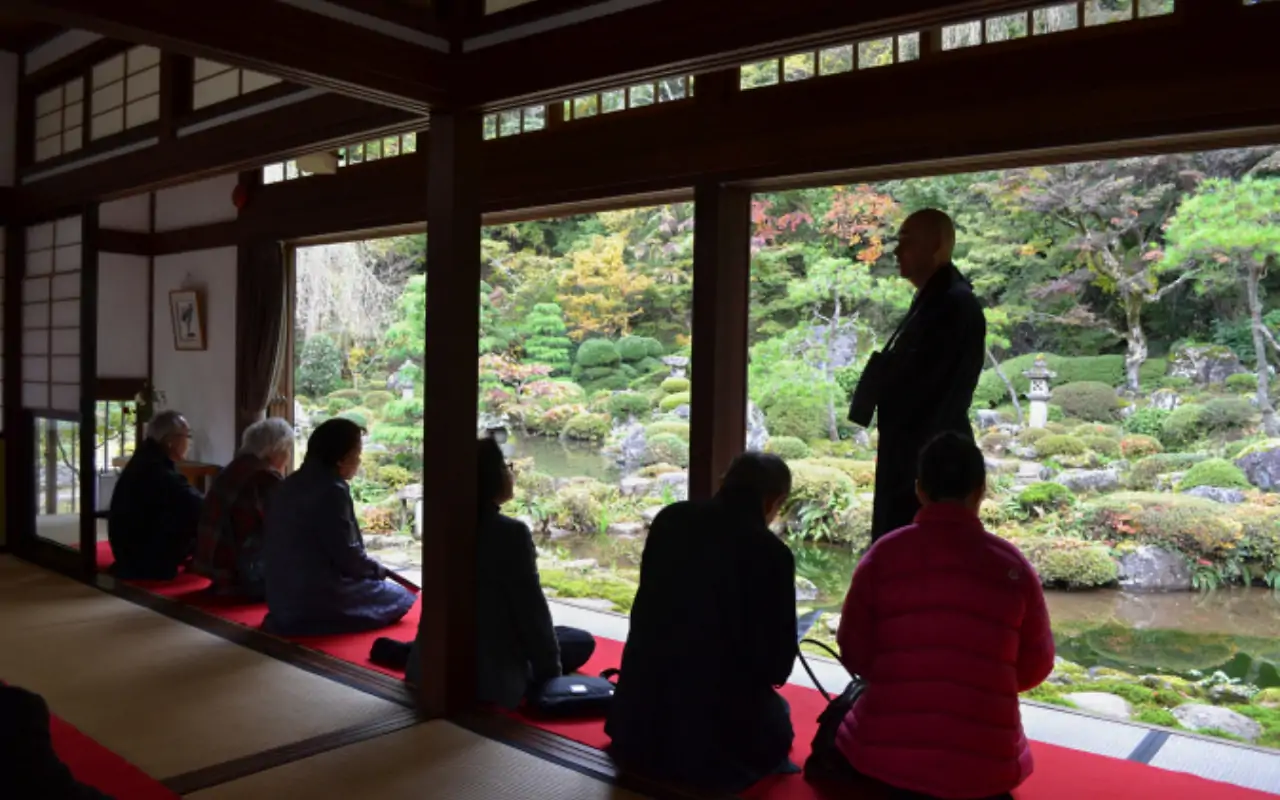
The north of Japan, as it is
Dewa Shonai is a place where its true charm lies in its everyday way of life more so than in touristic attractions.
Though not widely known, Shonai possesses a deep and complex culture, a unique comingling of the native culture of Tohoku with that of Edo and Kyoto. -
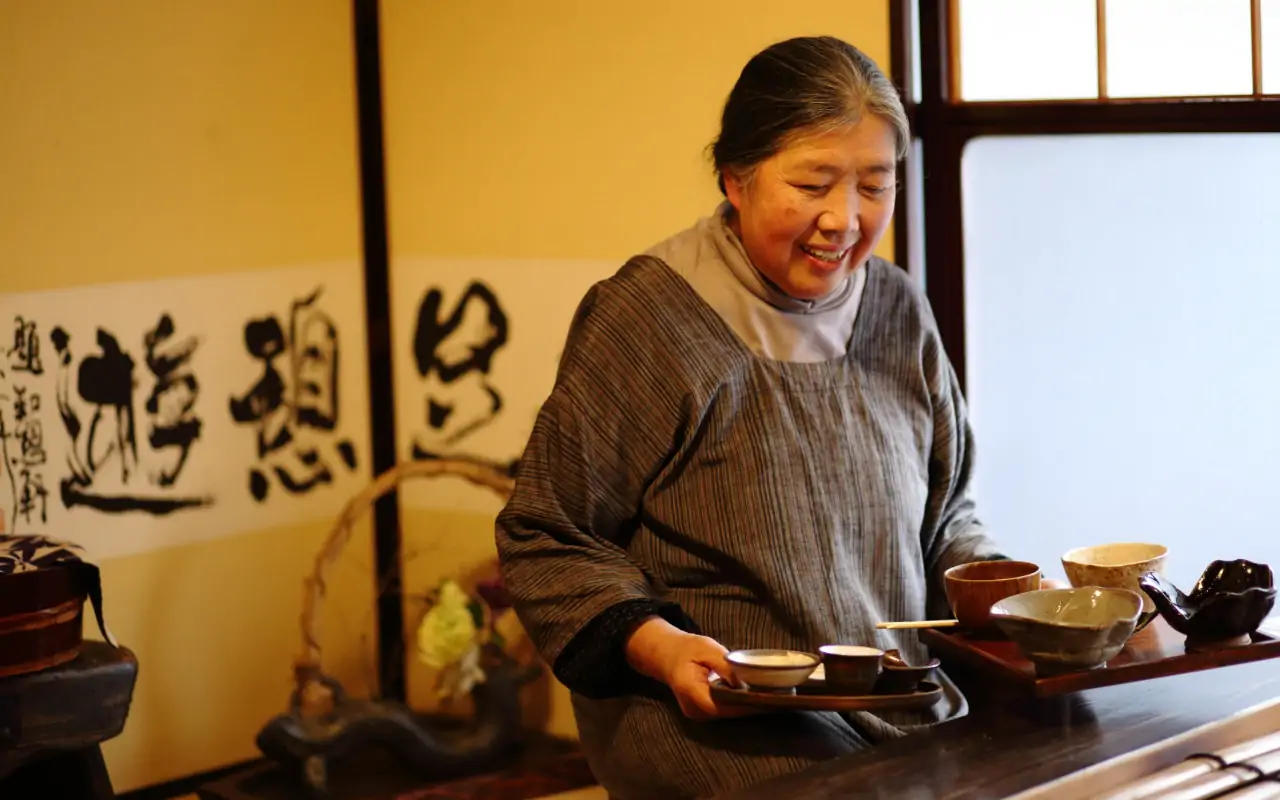
Interaction with locals through hands-on experiences
Throughout your journey to discover the charms of the region, encounter people of culture, farmers, fishermen, culinary professionals, and others who make Shonai such a wonderful place to be.
Living in harmony with the harsh nature of northern Japan, the people of Shonai are full of earnestness and compassion. -
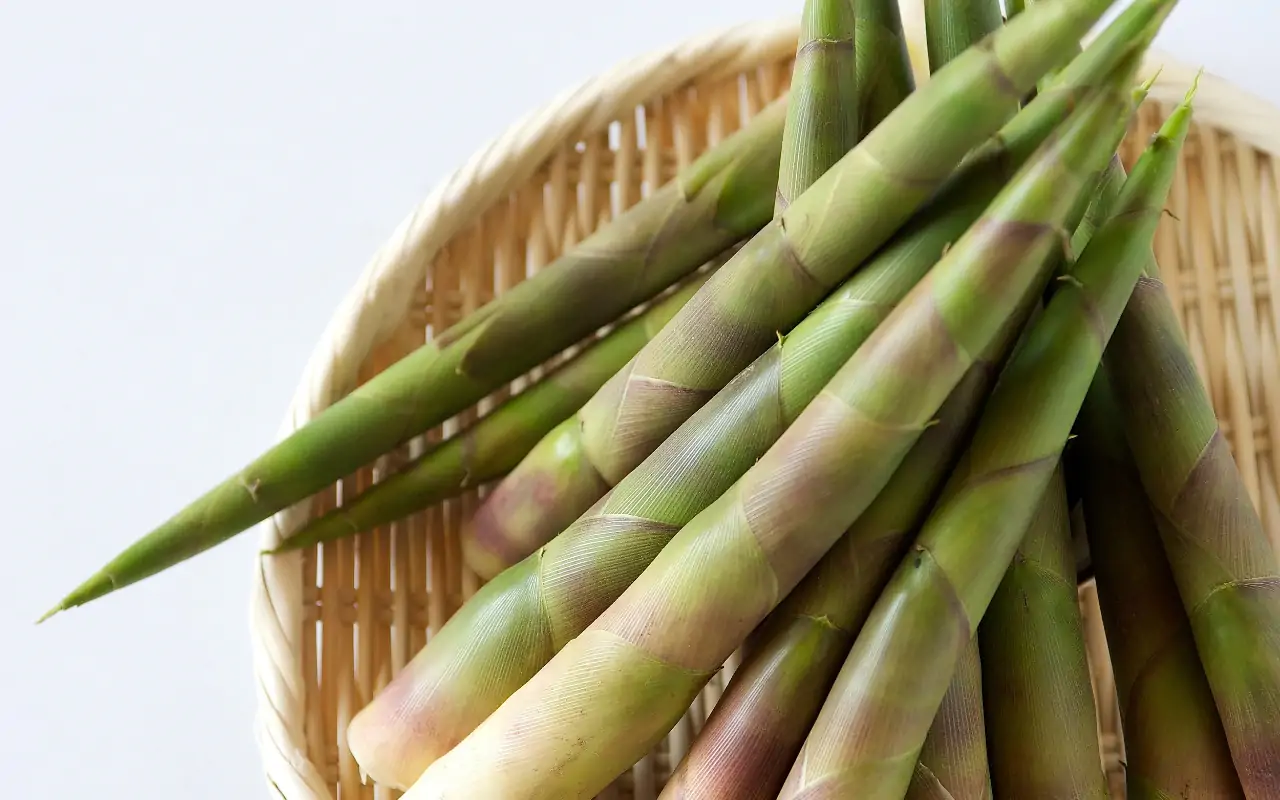
Cuisine that celebrates the seasonal bounty of Shonai
Surrounded on three sides by mountains and by sea on the other, Shonai is a treasure trove of culinary delights. The tremendous snowfall of winter transforms into a wellspring of water come warmer months, cultivating delicious ingredients.
Meals prepared from these ingredients, by local culinary professionals who know them best, are a deliciousness that can be savored only in Shonai. -
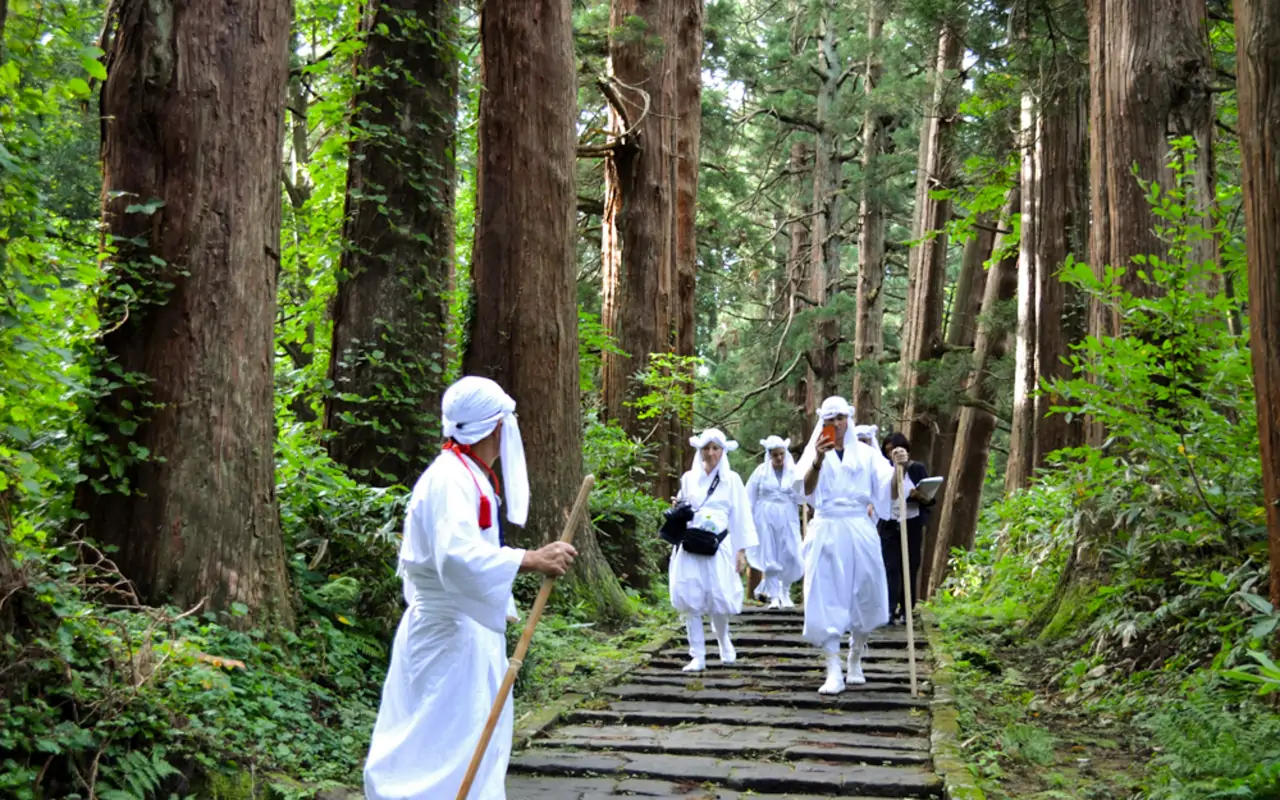
Awaken your awareness, nourish your soul
The profound culture, way of life, and simple warmth of the people of northern Japan—these pleasures, unknown before, will nourish the souls of you and your loved ones from the day of your journey onward.
Custom Tours
Our tours are crafted by Shonai locals who know and love the area dearly. The itinerary will be designed based on your interests and aspirations, allowing you to enjoy Shonai deeply at a relaxed pace.
Cradle editor-in-chief Mr. Kobayashi, together with his English-speaking interpreter-guide, will connect you with local people and Shonai culture, something which cannot be experienced anywhere else.
For guests who are interested, we also share meals together—the perfect opportunity to talk more deeply about Shonai culture and cuisine.
Please contact us to discuss what kind of tour you are looking for.
The Charm of Dewa Shonai
-
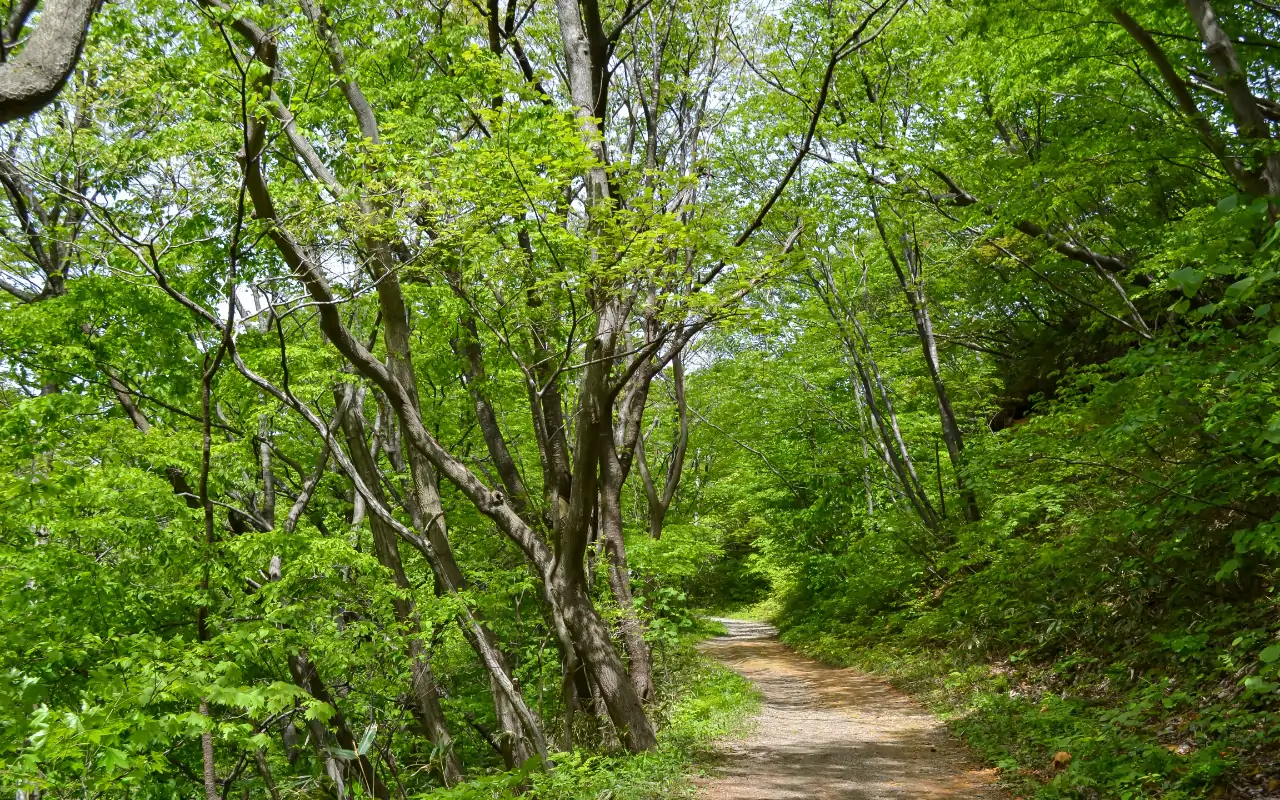
Nature
To the west lies the Sea of Japan; in the other three directions, mountains. Dewa Shonai is imbued with the harsh yet beautiful climate of northern Japan. In winter, frigid winds blow in from the northwest—at times blizzards—and the mountains receive tremendous snowfall. By and by, the snow melts and spring makes her appearance. The new green of beech trees puts hearts at ease, and rice planting season arrives. Summer days are radiant; mountains, rivers, and sea can all be enjoyed. As autumn draws near, fields of gold stretching across the Shonai Plains signal the start of the annual harvest. As autumn deepens, the mountains become enveloped in fiery foliage. The four seasons of Dewa Shonai are distinct; immerse yourself in the beauty of each.
-
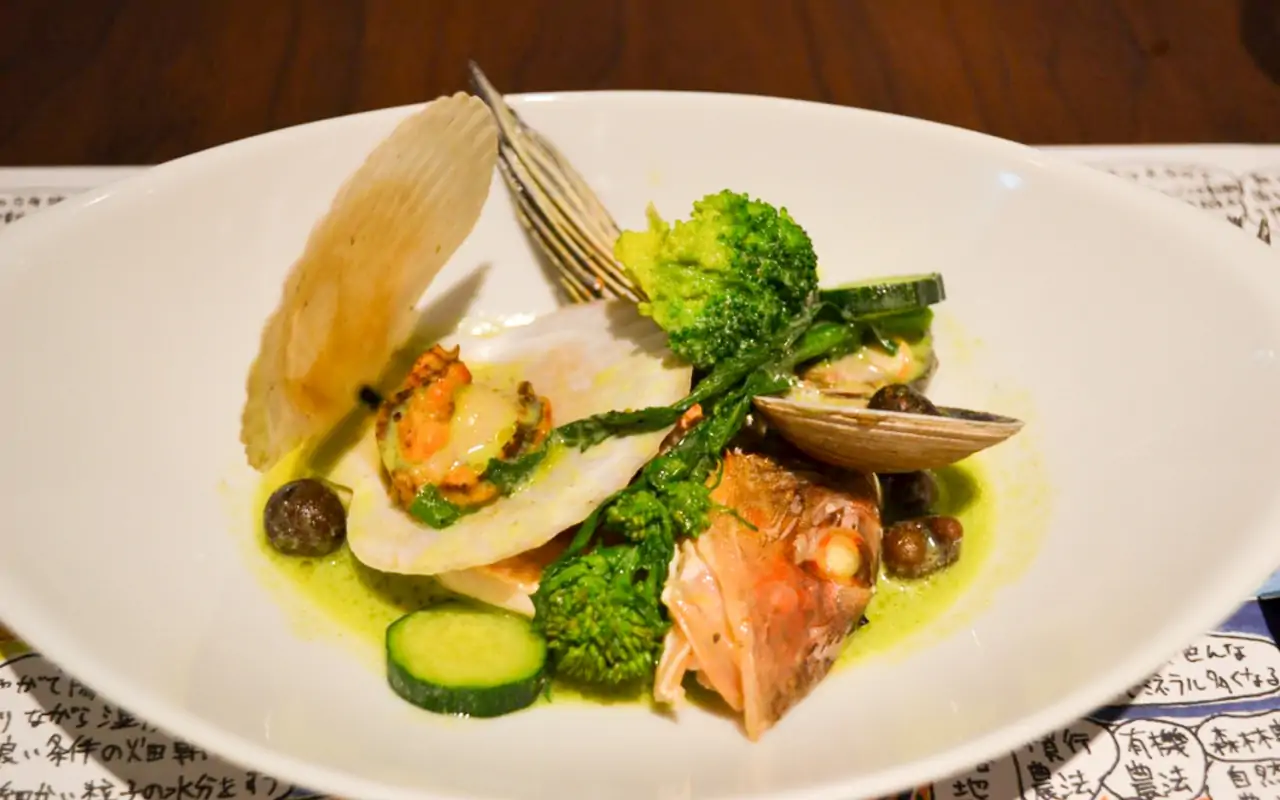
Cuisine
In winter, cold winds blow in from the northwest, bringing tremendous snowfall to the mountains of Dewa Shonai. Come spring, the snow accumulated transforms into a rich fountainhead irrigating the agricultural lands of the Shonai Plains, bringing about delicious rice and vegetables. The snowmelt also flows into the Sea of Japan, helping raise delicious fish. For reasons such as these, Dewa Shonai has been called a “treasure house of ingredients.” Tsuruoka was the first city in Japan to be registered a UNESCO City of Gastronomy. The world-class ingredients of Dewa Shonai have given rise to rich culinary traditions, such as the traditional shojin ryori cuisine of yamabushi mountain monks. Some sixty kinds of vegetables grown here are heirloom varieties, cultivated from seeds lovingly preserved and passed down from generation to generation of Shonai farmers.
-
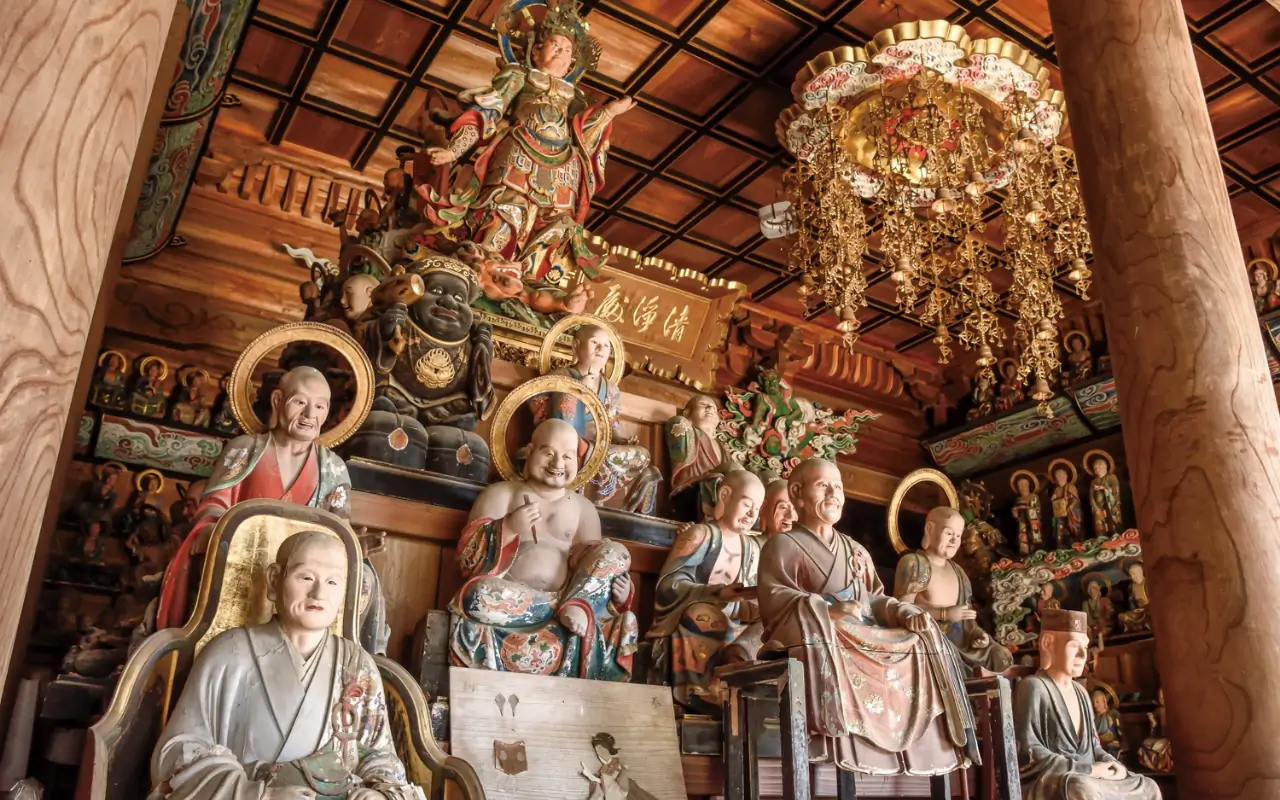
History and Tradition
Dewa Shonai is a crossroads of culture, a region in northern Japan which has had cultural exchange with more central areas for over a thousand years. The northern culture native to the larger Tohoku region, which Dewa Shonai is part of, is deeply rooted here and continues to live on. Edo culture was introduced to Dewa Shonai about four hundred years ago by the Sakai clan, the samurai lords of the region. The Sakai clan had deep ties to the Tokugawa, the samurai clan who emerged as the overall victors when the Warring States period drew to a close and Japan’s capital was moved to Edo (present-day Tokyo). As the Edo period began, the Kitamae-bune trade route connecting northern and western Japan was established; it was along this route that the elegant culture of Kyoto and western Japan made its way to Dewa Shonai.

